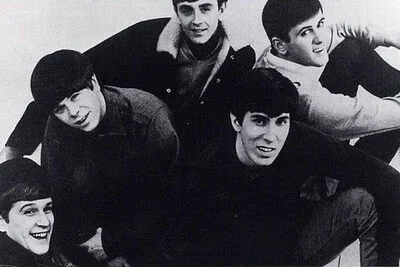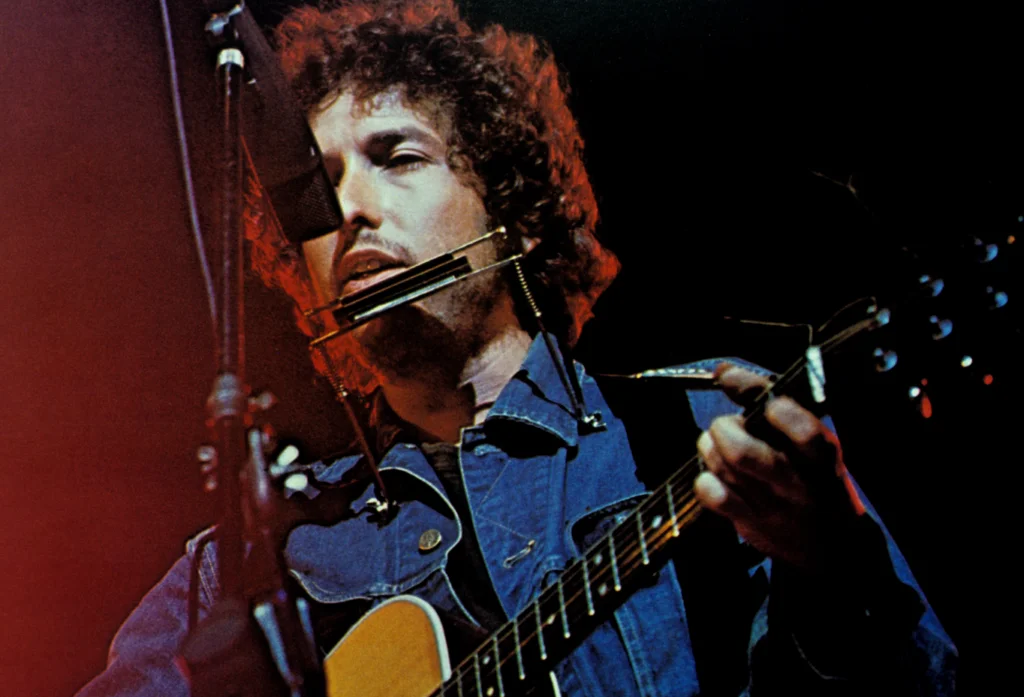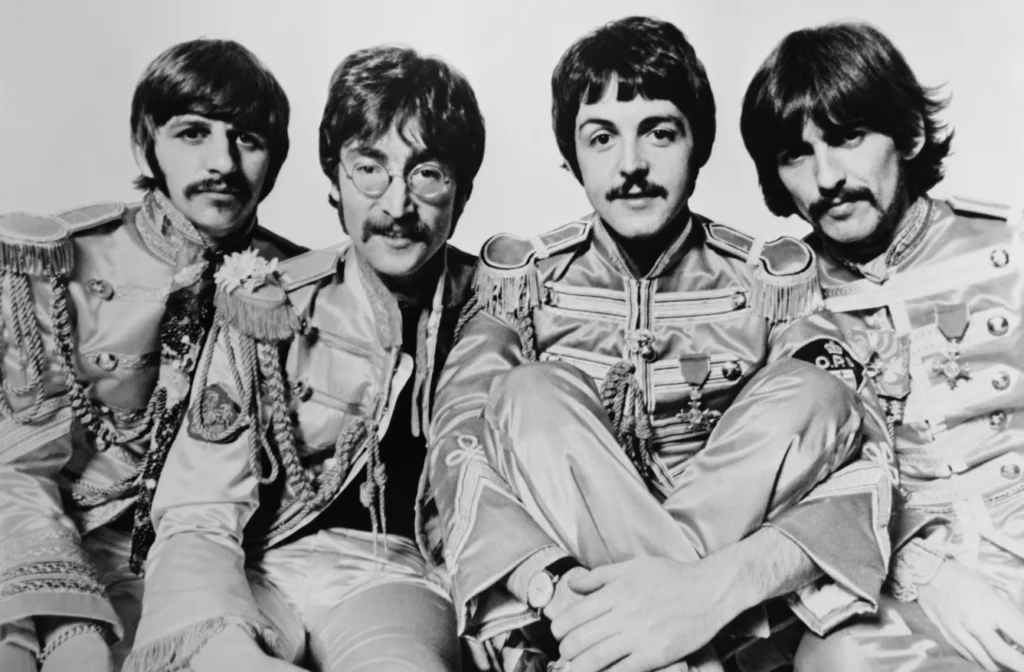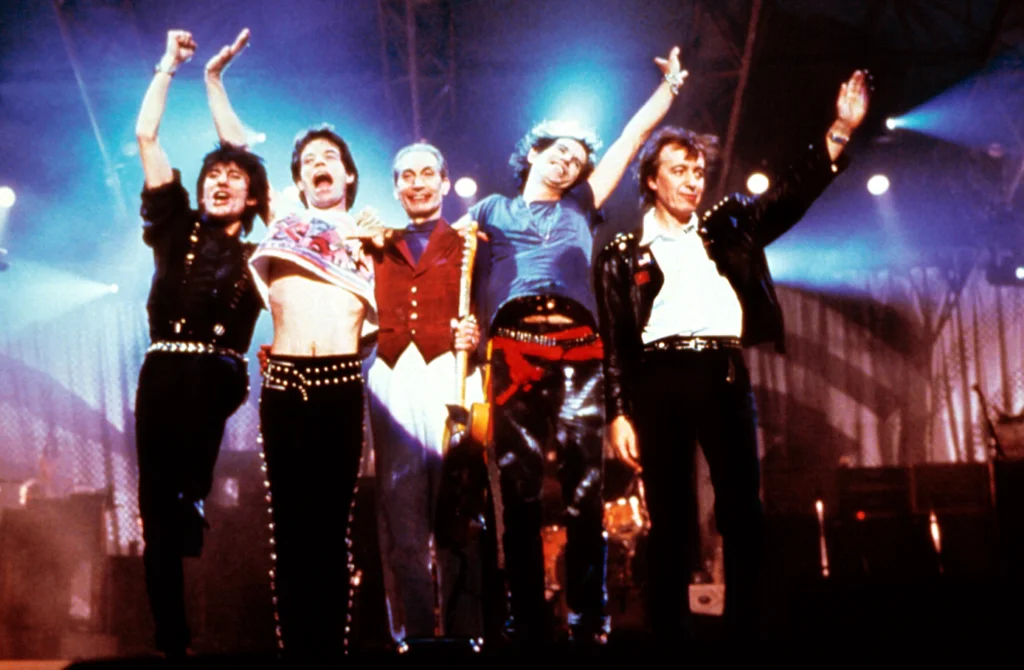1. “Louie Louie” – The Kingsmen (1963)

When “Louie Louie” hit the airwaves in 1963, it quickly became one of the most popular rock songs of the ’60s. But what many listeners didn’t know was that the song sparked controversy for its supposed obscenity. The lyrics were notoriously hard to understand, and rumors spread that they contained explicit language. The FBI even launched an investigation to determine whether the song was obscene, though they ultimately concluded that it was unintelligible and did not contain any offensive material. Despite this, the song was banned by several radio stations across the country.
But that didn’t stop it from becoming an anthem for rebellious youth. “Louie Louie” was played endlessly, becoming a symbol of the freewheeling spirit of the ’60s. The controversy only fueled its popularity, and it is still remembered as a key moment in the history of rock and roll. The FBI investigation, rather than suppressing the song, only contributed to its legendary status.
2. “I Am Woman” – Helen Reddy (1971)

Although technically released in 1971, Helen Reddy’s anthem “I Am Woman” was a controversial hit that defined much of the early ’60s feminist movement. The song’s empowering message of female strength, independence, and equality resonated with women everywhere. But, it wasn’t all roses. The song came under fire from conservative groups who deemed it threatening and inappropriate. It was often banned or restricted on radio stations, who were reluctant to play an anthem for women’s rights.
Yet, despite the pushback, it became a chart-topping smash and is still celebrated today as an empowering anthem for women. “I Am Woman” is a reminder that music can be a powerful tool for social change, and Reddy’s bold declaration continues to inspire new generations of listeners.
3. “The Times They Are A-Changin'” – Bob Dylan (1963)

Bob Dylan’s “The Times They Are A-Changin’” was released at a time when the U.S. was in the middle of significant political and social upheaval. The song was intended as a call to action for those seeking to change the status quo. But some saw it as a threat to traditional values. The song’s direct challenge to authority, along with its references to the growing civil rights movement and counterculture, led some radio stations to refuse to play it.
Nevertheless, “The Times They Are A-Changin’” became a massive hit and an anthem for social change. Dylan’s ability to articulate the frustrations of a generation made the song impossible to ignore, and it remains one of his most iconic tracks. Even decades later, it continues to serve as a powerful reminder of the importance of speaking truth to power.
4. “Hey Jude” – The Beatles (1968)

Though “Hey Jude” is often celebrated as one of The Beatles’ greatest achievements, its initial release wasn’t without controversy. The song was almost banned by some radio stations due to its length. At over seven minutes long, it was considered too long for radio play at the time. Some stations were hesitant to give it airtime, fearing listeners might tune out before it ended.
However, the song’s sweeping, emotional appeal won over both critics and fans alike. “Hey Jude” became one of the most enduring hits of the ’60s, showcasing the Beatles’ unmatched songwriting ability. The controversy over its length quickly faded, and it remains a beloved track to this day.
5. “The Ballad of the Green Berets” – Barry Sadler (1966)

In 1966, Barry Sadler’s patriotic song “The Ballad of the Green Berets” became a huge hit, but not without stirring some controversy. As the U.S. was deep into the Vietnam War, the song’s overtly pro-military stance clashed with the anti-war sentiments that were growing in the country. Some stations refused to play it, seeing it as propaganda, while others worried it might alienate listeners who opposed the war.
Despite the backlash, “The Ballad of the Green Berets” became one of the biggest-selling singles of the year. Its powerful message resonated with those who supported the war and military service, and it remains a patriotic anthem of the era. The song’s divisiveness highlighted the tensions of the time and the way music could reflect national debates.
6. “I Can’t Get No Satisfaction” – The Rolling Stones (1965)

“I Can’t Get No Satisfaction” was a major turning point for The Rolling Stones and rock music in general, but it wasn’t universally embraced. The song’s rebellious lyrics and cynical tone about consumerism and the media made it a target for critics. Some radio stations hesitated to play it, fearing it would encourage dissatisfaction and disillusionment among young listeners. The controversial line “I can’t get no satisfaction” seemed to mock societal norms, which didn’t sit well with many.
However, the controversy only fueled the song’s popularity, and it quickly became a worldwide hit. It became one of the most iconic rock songs ever, with its catchy riff and bold commentary on modern life. Despite its initial pushback, “Satisfaction” remains a defining moment in the evolution of rock and roll.
7. “Strange Fruit” – Billie Holiday (1939)

Though released in 1939, Billie Holiday’s “Strange Fruit” continued to face bans in the ’60s due to its graphic depiction of racism and lynching in the South. The haunting lyrics, which describe the bodies of Black men hanging from trees, struck a deep chord with listeners. Many radio stations, especially in the South, refused to play the song because of its explicit critique of racism. It was deemed too controversial to be aired, especially during a time when tensions over civil rights were beginning to boil over.
Despite these obstacles, “Strange Fruit” became one of Holiday’s most enduring and influential songs. It is regarded as one of the first protest songs in jazz and remains a chilling reminder of the racial violence that persisted in America. Its power lies in its ability to confront uncomfortable truths head-on, making it a timeless anthem for justice.
8. “Gloria” – Them (1964)

“Gloria” by Them, fronted by Van Morrison, is one of the most iconic songs of the British Invasion. But it also caused a stir upon its release for its suggestive lyrics. The song’s raw energy and provocative lines about a woman named Gloria caused a few raised eyebrows. Some radio stations refused to play it, considering the lyrics to be too risqué for mainstream listeners.
Despite the controversy, “Gloria” became a defining song of the rock genre, with its rebellious spirit and catchy chorus. The song was embraced by listeners who appreciated its honesty and intensity. Over time, it was covered by numerous artists and remains an essential track in the history of rock music.


